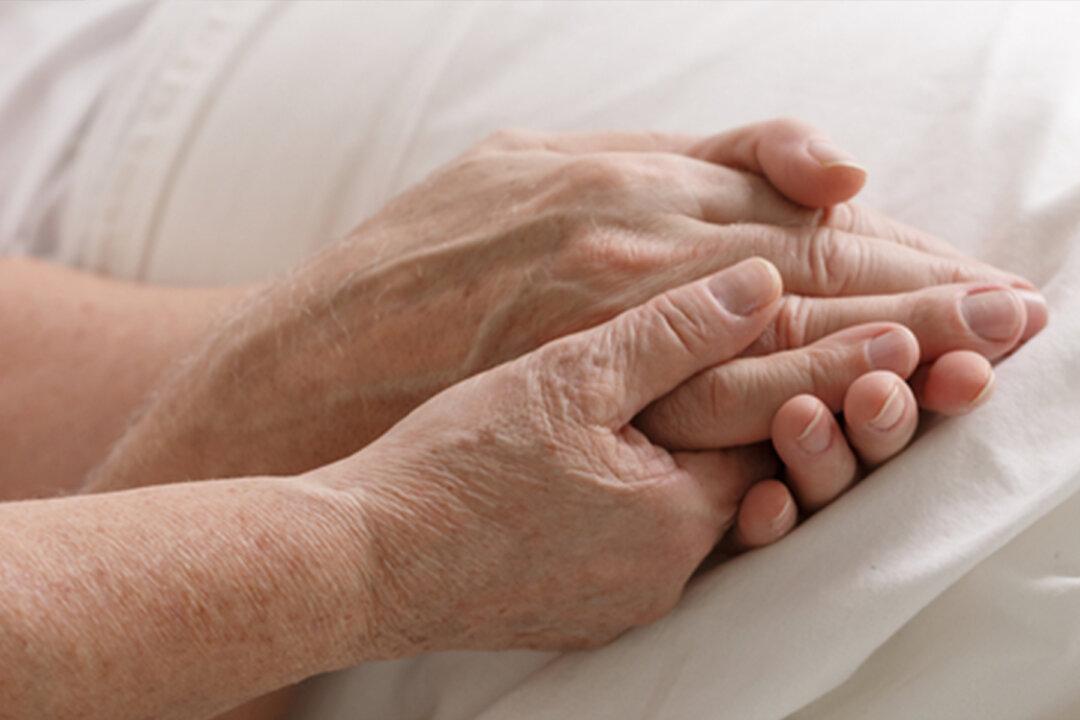Tasmania has moved closer to legalising euthanasia with new laws passing the Upper House of the state’s parliament.
Tasmanian Senator Eric Abetz however, has criticised the Bill saying the parliament’s focus should be on improving palliative care, and not think of ways to end a patient’s life.





